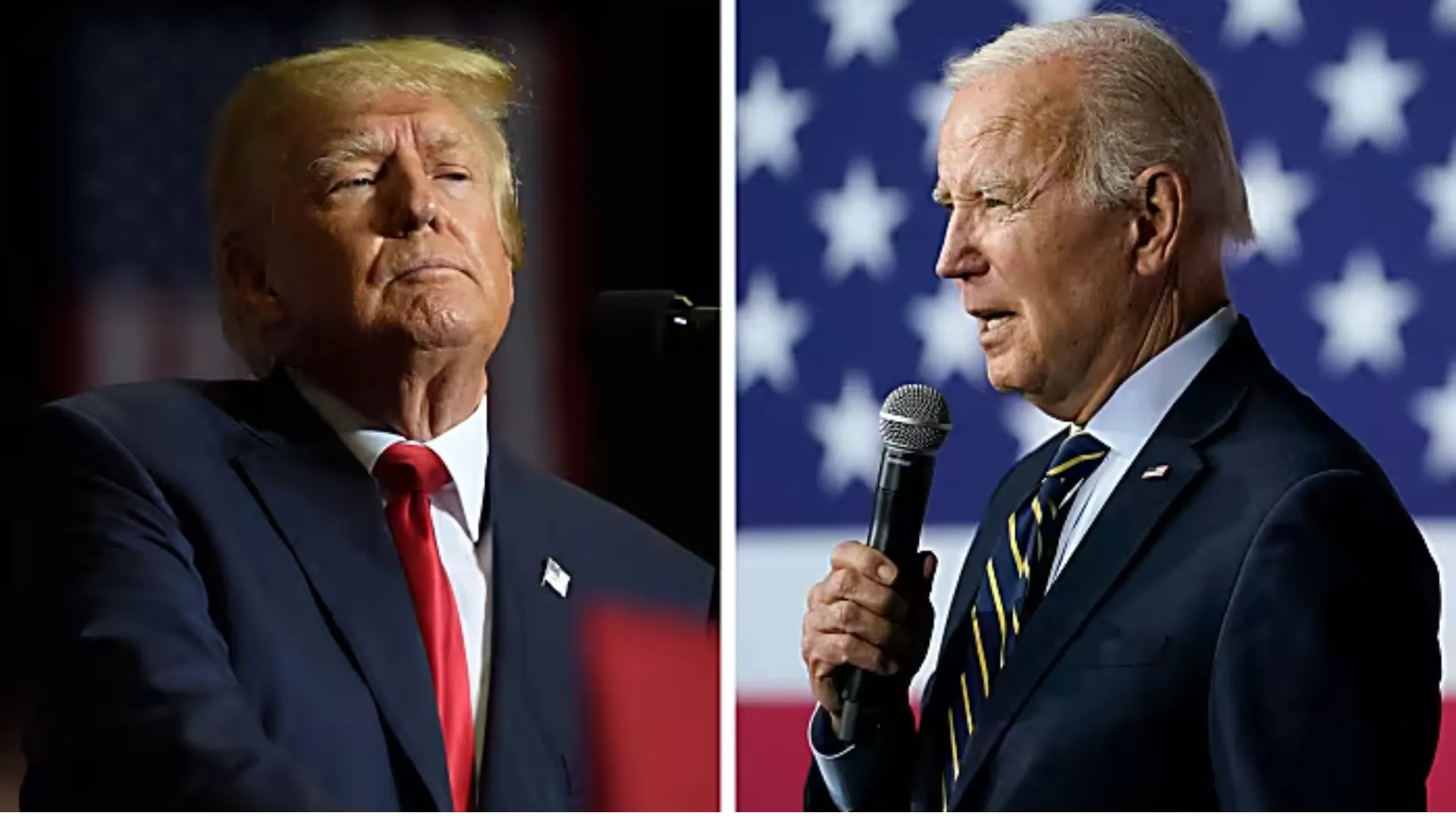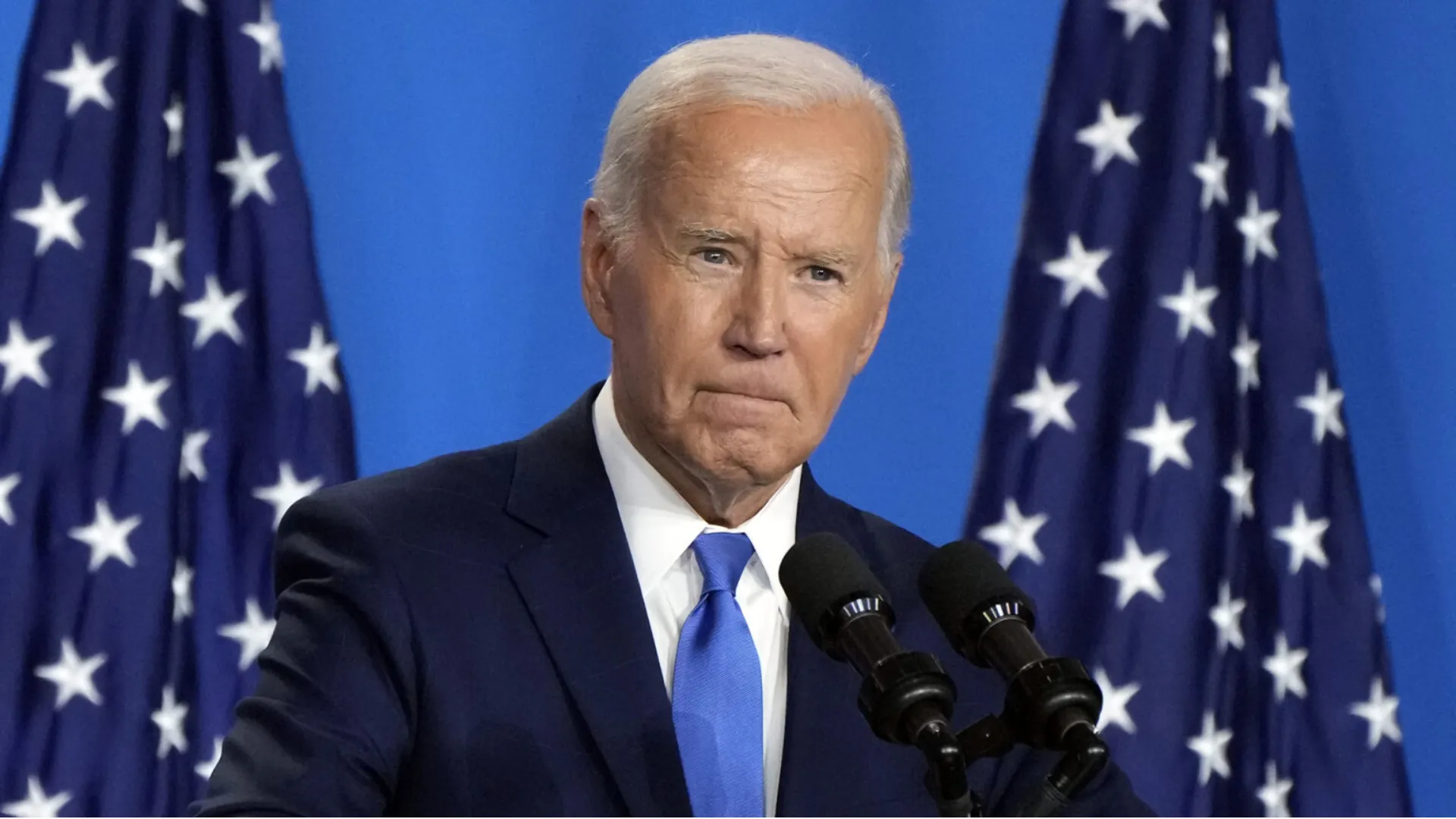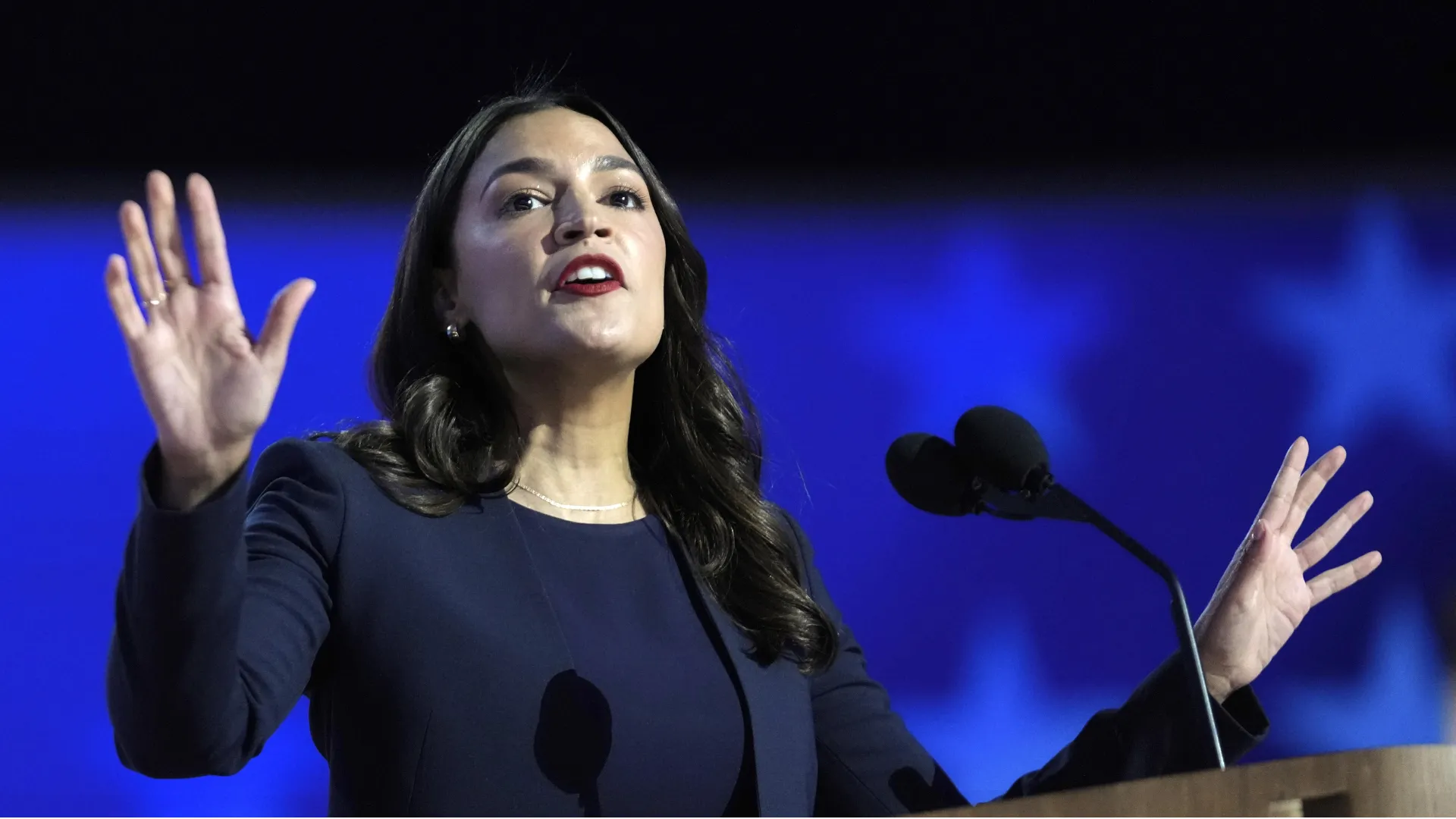
President Donald Trump has suggested that California should not receive federal fire aid unless it adopts stricter voter identification laws. This stance comes amid devastating wildfires that have ravaged Los Angeles County since the start of the year, leaving many communities in desperate need of assistance.
Republicans have increasingly tied disaster aid to the adoption of right-wing policy measures, using aid as leverage to push their agenda.
Earlier this month, far-right figures, including influencer Charlie Kirk, called for withholding funds from California unless the state complied with conservative demands. Kirk specifically suggested that funding should depend on the removal of Kristin Crowley, Los Angeles’ first female and openly gay fire chief.
Trump, meanwhile, has repeatedly blamed California’s water distribution policies for the fires, despite experts debunking such claims. Undeterred by these contradictions, Trump has continued to push for changes to California’s water policy as a condition for receiving aid.
Over the weekend, Trump added another condition: the implementation of enhanced voter ID laws in California. Speaking at a news conference in North Carolina, where he was visiting hurricane-affected areas, Trump emphasized his demand for stricter voting measures. “In California, we want them to have voter ID so the people have a voice, because right now the people don’t have a voice, because you don’t know who’s voting and it’s very corrupt,” he stated.

Contrary to Trump’s assertions, there is no evidence to suggest that California’s voting system is corrupt or plagued by voter fraud. Governor Gavin Newsom’s office responded firmly, highlighting the existing safeguards in California’s voting laws.
Under current state law, residents must be U.S. citizens, attest to their status under penalty of perjury, and provide approved identification, such as a driver’s license or passport, to register to vote.
Trump’s push for stricter voter ID laws is widely criticized by experts and activists who argue that such measures disproportionately disenfranchise nonwhite voters and marginalized communities.
His ultimatum is particularly troubling in light of the severe damage caused by wildfires in communities like Altadena, which has a significant Black population. By linking disaster recovery aid to policies that could hinder voting access, Trump’s demands have sparked widespread concern and condemnation.
The parallels to Trump’s first impeachment are hard to ignore. In that case, he was accused of withholding congressionally approved aid to Ukraine in exchange for political favors. Although the Republican-controlled Senate ultimately acquitted him, the precedent of leveraging aid for political concessions remains contentious. In California’s situation, Trump is being even more explicit, demanding policy changes upfront before disaster aid negotiations even begin.
California lawmakers, including U.S. Representative Brad Sherman, have pushed back against Trump’s tactics. During a meeting last Friday, Sherman directly confronted Trump, warning him that his approach could set a dangerous precedent. Sherman argued that a future Democratic president could adopt similar strategies, using disaster aid to impose progressive policies on conservative-led states.
Trump’s ultimatum has drawn criticism not only from California officials but also from legal experts and civil rights advocates. They view his demands as an attempt to exploit a crisis to advance a partisan agenda, with devastating consequences for communities in need.
Critics argue that withholding aid from wildfire-ravaged areas to force policy changes is both cruel and counterproductive, as it delays critical recovery efforts and exacerbates the suffering of vulnerable populations.
Despite Trump’s claims, California’s voting system remains one of the most robust in the nation. The state’s voter registration process is designed to ensure that only eligible citizens can participate, with multiple layers of verification in place. Trump’s insistence on additional measures has been dismissed by many as a solution in search of a problem, reflecting broader Republican efforts to restrict voting access under the guise of election integrity.
The debate over disaster aid and voter ID laws underscores the growing polarization in American politics. As climate-related disasters become more frequent and severe, the question of how federal aid is distributed has taken on new urgency. The use of aid as a bargaining chip raises ethical and practical concerns, particularly when lives and livelihoods are at stake.

Trump’s approach has further strained relations between the federal government and California, a state that has frequently clashed with his administration on issues ranging from environmental policy to immigration. As wildfires continue to devastate the region, the need for immediate federal assistance is clear. However, Trump’s demands threaten to delay critical aid, putting countless lives at risk.
For now, California officials remain steadfast in their opposition to Trump’s conditions. Governor Newsom and other state leaders have reiterated their commitment to protecting voting rights and ensuring that all residents have access to the ballot box. At the same time, they continue to advocate for the federal resources needed to combat the ongoing wildfire crisis.
In the face of these challenges, the resilience of California’s communities remains evident. From first responders battling the blazes to residents coming together to support one another, the state’s determination to recover and rebuild is unwavering. However, the road ahead will require not only local efforts but also a commitment from the federal government to prioritize aid over politics.

-1734085783-q80.webp)

